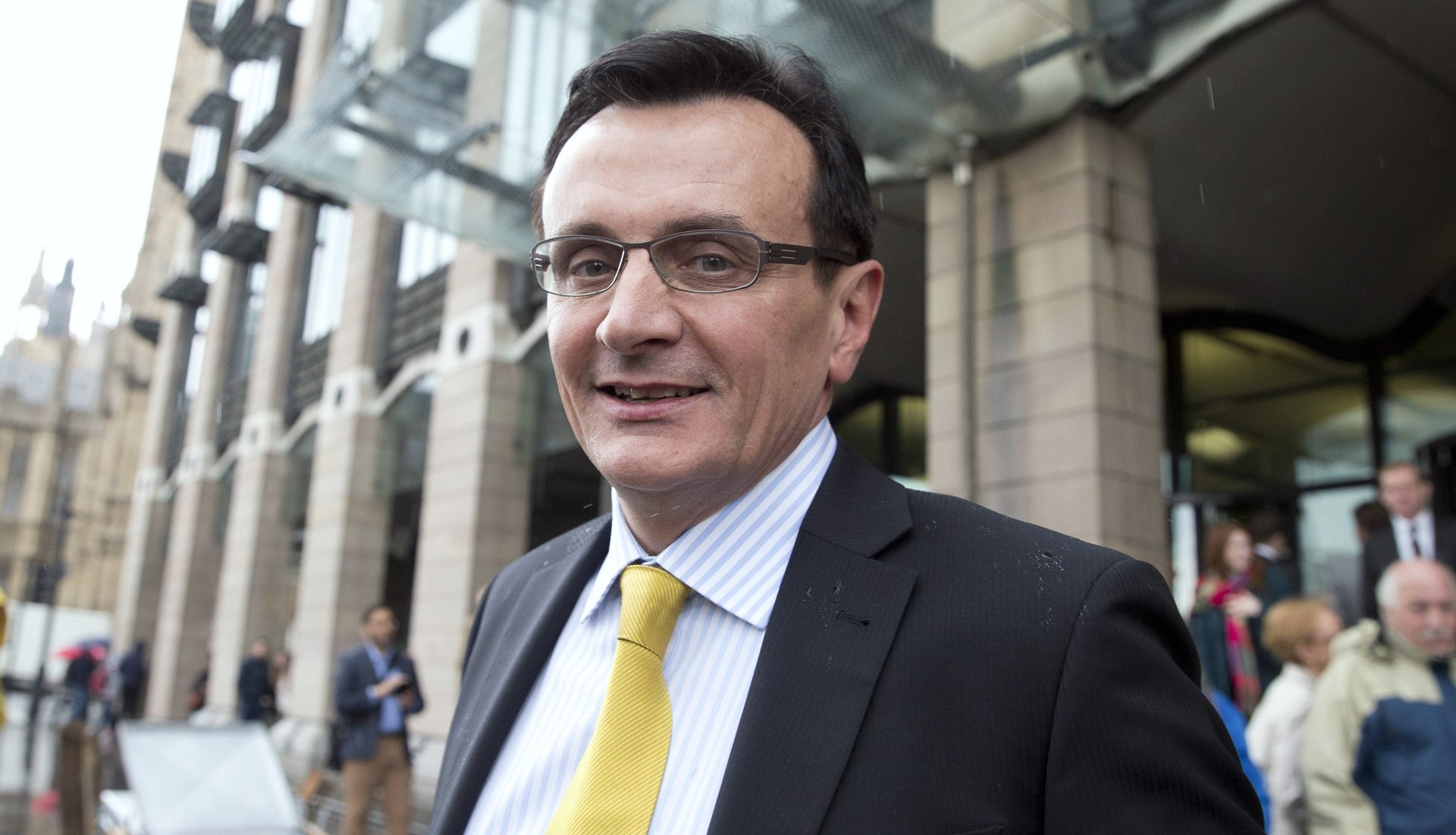AstraZeneca’s cholesterol-drug gambit is the latest tactic from a company skilled at them
AstraZeneca, the UK drug maker, is trying to extend patent protection for Crestor, its blockbuster cholesterol drug. If it pulls it off the long-shot gambit, it will be another deft maneuver from a company skilled at getting out of tight scrapes.


AstraZeneca, the UK drug maker, is trying to extend patent protection for Crestor, its blockbuster cholesterol drug. If it pulls it off the long-shot gambit, it will be another deft maneuver from a company skilled at getting out of tight scrapes.
Astra received FDA approval to use Crestor to treat children with extremely high levels of “bad” cholesterol, a rare condition, according to a New York Times report June 28. The company now wants to use that new treatment to extend its patent clock, which expires in July, for another seven years by classifying Crestor as an “orphan drug,” and invoking a special designation created by Congress to give drug makers the incentive to cure rare diseases. Critics have cried foul. The courts haven’t favored drug makers with similar claims.
“AstraZeneca believes federal law entitles the company to an additional exclusivity period of seven years for Crestor in the US,” Michele Mexiell, a spokeswoman, wrote in an email. Because it doesn’t expect an FDA decision before its patent expires, the company has filed suit to block generic competition, she said.
AstraZeneca has often wrapped itself in high-minded science while employing street-fighting tactics to protect its bottom line. The court battles didn’t start with CEO Pascal Soriot, a Frenchman who joined from Roche in 2012, but he’s embraced them. Soriot grew up in a gritty suburb north of Paris, he told the Financial Times, and he’s not afraid to throw a punch.
Along with attempting to extend the patent life of Crestor, AstraZeneca has gone to court repeatedly to fend off competition for Nexium, its lucrative purple heartburn pill. In 2008, it engineered a “pay-for-delay “scheme with generic manufacturer Ranbaxy to keep its version of the drug from reaching the market for six years. Once the floodgates of generic competition opened, Astra sued the Indian company Dr. Reddy’s for selling purple versions of the pill (Dr. Reddy’s settled, and its pill is now blue).
When Soriot took over Astra, the company had little more than a handful of medicines nearing patent expiration, and few drugs in its pipeline. Soriot invested in drug development and rebranded Astra as a “science-led company.” He moved the company’s headquarters from London to Cambridge, and into a new $500 million complex at the center of the UK’s life science community. Under Soriot, the company unearthed innovative new cancer drugs and made aggressive moves into treatments for heart attacks and diabetes.
AstraZeneca’s turnaround and newly attractive pipeline drew the attention of US drug giant Pfizer, which was on the hunt for a foreign pharma company it could acquire for a tax inversion. In 2014, Pfizer offered $117 billion for the company, a significant premium for shareholders. But Soriot doubled down on Astra’s prospects and promised investors that revenue would grow to $45 billion as a standalone company, nearly double 2014 sales.
He also maneuvered Pfizer into a political dust-up, rallying politicians against the buyout by invoking the threat to UK’s science industry. At one point, testifying before Parliament, he suggested lives would be risked by the disruption of Pfizer’s bid on Astra’s drug development. “What will we tell the person whose father died from lung cancer because one of our medicines was delayed because, essentially, in the meantime, our two companies were involved in saving taxes or saving costs?” he said.
Soriot’s tactics worked. Pfizer eventually backed off.
But Soriot still has a $45 billion promise to keep. That means squeezing everything the company can out of Crestor and Nexium, while hoping its new drugs—including Lynparza for ovarian cancer and Tagrisso for lung cancer—develop into blockbusters. AstraZeneca’s investors now want to tie Soriot’s pay to his ability to reach that revenue target, putting him in yet another tight jam for him to escape.